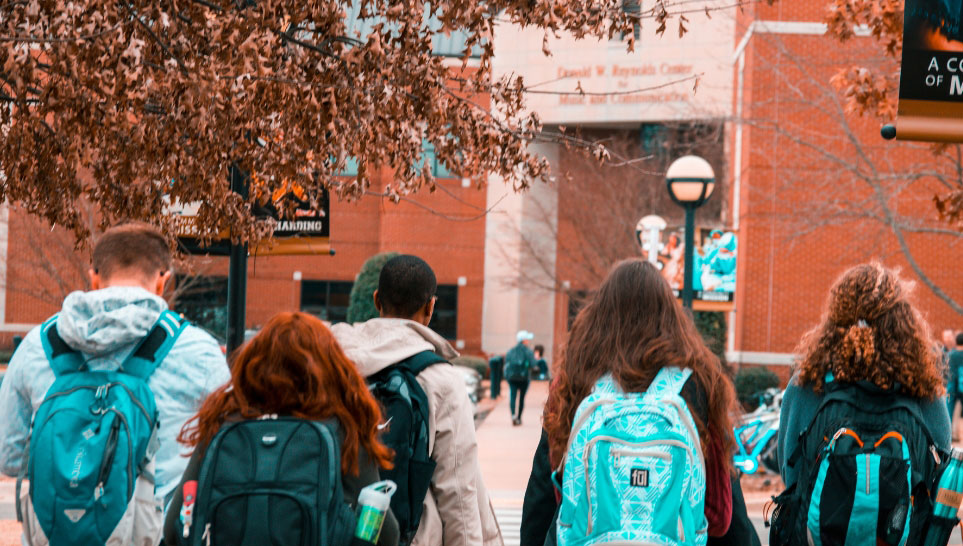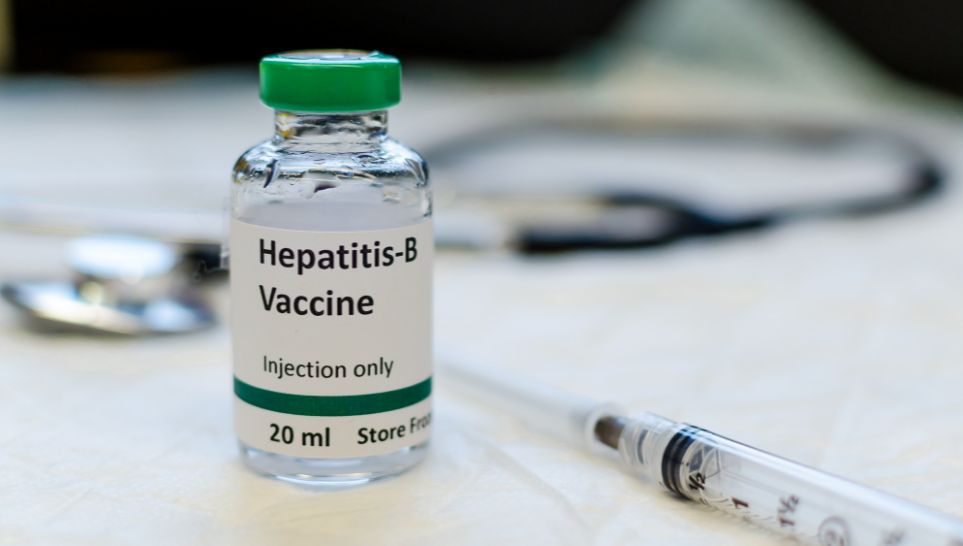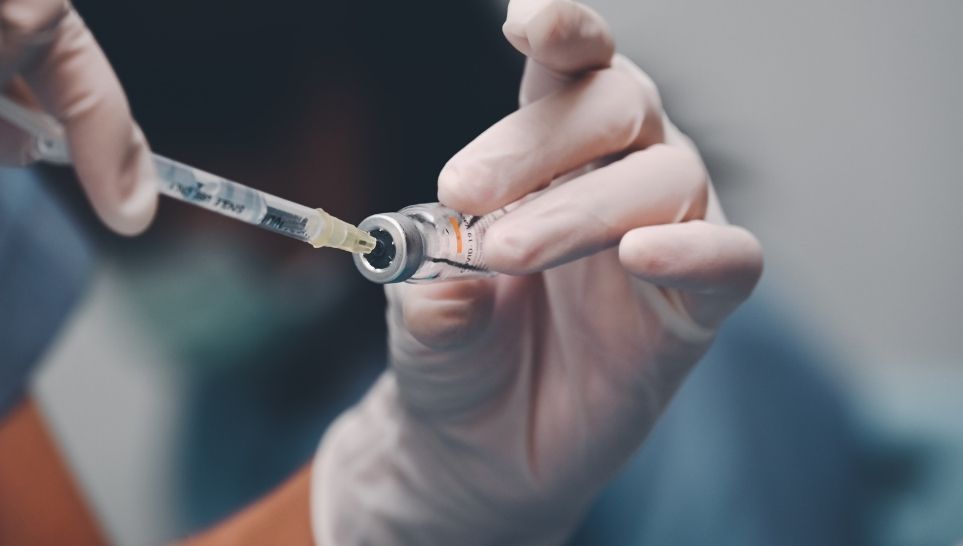The subject of colleges requiring vaccine schedules for students has always been a hot-button issue in America. But the coronavirus and COVID-19 pandemic fueled the fire and controversy more than ever. Whether you’re a parent with college-bound teens or a student yourself, knowing the facts about which colleges require students to get vaccinated is essential. In this article, Sadaka Law will explain everything you need to know about the necessary immunizations for college students, including specific requirements, potential exemptions, and more.
Why Do Colleges Require Vaccines for Students?
Most higher education systems — like colleges and universities — mandate vaccinations for health, safety, and legal reasons.
Concerns About the Health and Safety of Students
The main reason most colleges ask students to fulfill vaccine mandates is to safeguard public health. Requiring immunizations is an effective way to protect the safety and well-being of students, professors, visitors, school employees, and other members of the surrounding community.
To Prevent Potential Outbreaks of Vaccine-preventable Diseases (VPDs)
Students on campus share close quarters in dorms, common areas, classrooms, libraries, gyms and sports complexes, etc. In such an environment, diseases can spread like wildfire.
All it takes is one person to start a domino effect, whereby many could become infected. Most of the vaccines colleges require prevent students from becoming infected with dangerous diseases that have severe, debilitating, or even lifelong side effects.
For Legal Reasons and To Limit Liability Risks
Colleges and universities also implement vaccination requirements to protect themselves against legal issues. Allowing unvaccinated students on campus could put the school in legal hot water.
What happens if the vaccination rate is too low and a student suffers serious injuries or chronic health conditions after becoming infected with a VPD? Is the college held liable? You can imagine the legal problems this might present.
What Vaccines Are Typically Required by Colleges?
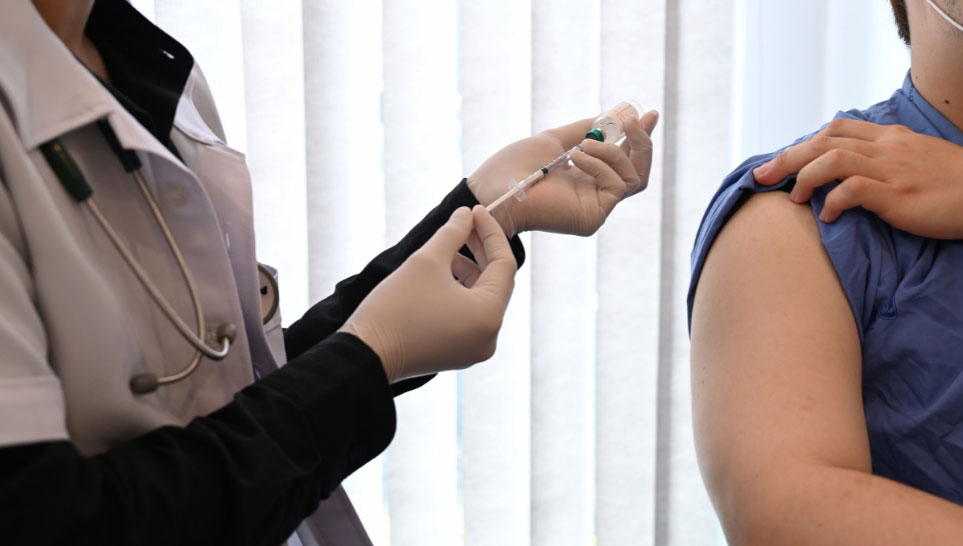
Specific vaccine schedules vary by state and school, but generally speaking, the standard immunizations include the following:
- Measles, mumps, and rubella (MMR)
- Meningococcal (MenACWY)
- Influenza
- Human papillomavirus (HPV)
- COVID-19
In addition to the mandatory vaccines, many schools recommend the following immunizations:
- Tetanus, Diphtheria, Pertussis (TDaP)
- Meningococcal (MenB)
- Hepatitis A
- Hepatitis B
- Pneumococcal (PCV13 and PPSV23)
- Varicella (chickenpox)
- Polio (IPV)
- Haemophilus influenzae type b (Hib)
List of Colleges Requiring Vaccines for Student Enrollment
Colleges and universities mandating vaccines for students aren’t exactly breaking news. Immunizations like MMR, HPV, and influenza are standard fare. But the controversial student vaccination everyone’s talking, posting, and reading about is COVID-19.
When President Biden officially ended the state of emergency regarding the coronavirus pandemic in April, many colleges followed suit with their COVID-19 vaccine mandates. We don’t have enough room to name each college, but you can check out this blog post from BestColleges for the complete list.
Which Colleges Don’t Have a COVID-19 Vaccine Mandate for Students?
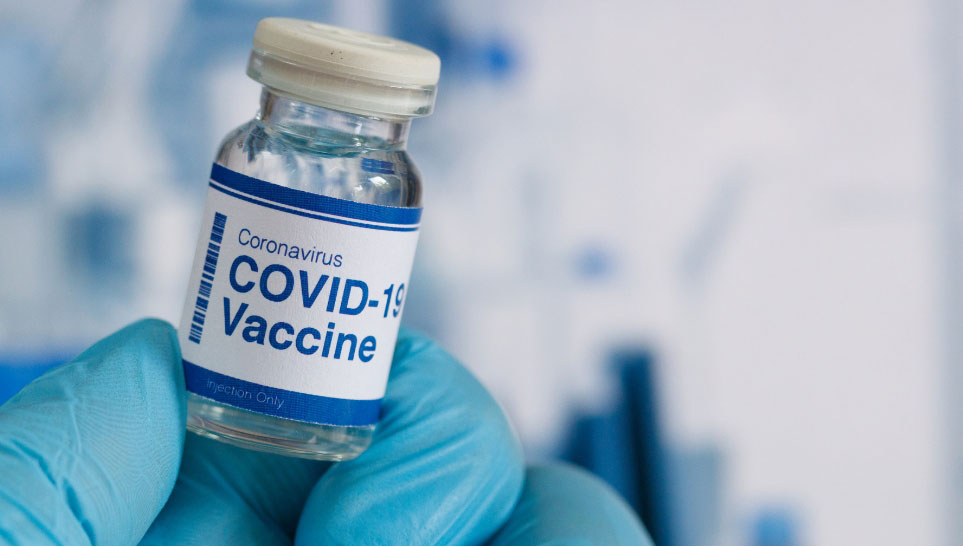
Please note that schools change and update their vaccination policies all the time. However, below is a list of the U.S. states that don’t have any colleges or universities requiring a COVID vaccine as of this writing:
- Alabama
- Alaska
- Florida
- Hawaii
- Idaho
- Iowa
- Kansas
- Mississippi
- Montana
- North Dakota
- Oklahoma
- South Dakota
- Utah
- West Virginia
- Wyoming
Reasons Colleges Are Mandating Student Vaccinations
As we discussed earlier, colleges and universities have student vaccine mandates to protect the health and safety of all those involved. College students live and exist in close quarters with all kinds of people, including other students, faculty, employees, third-party vendors, and the list goes on. Such conditions create the perfect storm for diseases to spread rapidly.
Ensuring students have the proper immunizations keeps them healthy and safe while helping prevent the transmission of VPDs — not just to other students but also to the surrounding community members who live and work near the college.
General Overview of Student Vaccination Policies
Most schools send a list of immunization requirements to every incoming student. Students must then present medical records proving they received the necessary vaccinations.
As a quick example, here are the vaccine requirements for Connecticut college/university students:
- Varicella: two doses
- Meningococcal: one dose for students living on campus
- Measles: two doses
- Mumps: two doses
- Rubella: two doses
Are There Any Exemptions or Exceptions?

Philosophical, medical, or religious exemptions are the only allowable reasons students can avoid complying with their school’s vaccine mandate.
Medical Exemptions
All 50 U.S. states allow medical exemptions for vaccines. Students may qualify to receive a medical exemption if they have:
- A serious allergy to a specific vaccine or its ingredients
- A compromised or weakened immune system (i.e., from a disease or medication)
- Experienced a severe adverse reaction to a vaccine in the past
Most vaccines are relatively safe and effective. However, vaccine injuries are more common than you may think. At Sadaka Law, we represent people who have suffered an injury after receiving a vaccine, helping them navigate the legal system and seek compensation for their pain and suffering. The most common unwanted side effects from vaccinations include shoulder and arm injuries and nerve damage.
Religious Exemptions
Most states allow exemptions from vaccine mandates based on religious beliefs. Currently, 44 states and Washington D.C. allow religious exemptions. College students who wish to apply for this exemption may have to provide evidence that their family belongs to a specific religious group with those beliefs.
You can check out this infographic on the National Conference of State Legislatures website for a complete list of which states allow these exemptions.
Philosophical Exemptions (Personal Beliefs)
Obtaining an exemption based on philosophical reasons or personal beliefs is possible but rare. Only 15 states currently allow philosophical exemptions based on personal or moral beliefs regarding vaccines and their safety.
Are There Any Legal Challenges to Colleges Requiring Vaccines?
Colleges and universities requiring students to get certain immunizations, like influenza, MMR, etc., is old news. However, most of the legal challenges and gray areas currently facing higher education programs lie with COVID-19 vaccine mandates.
Here’s an example: A year or two ago, the only COVID vaccines available in the U.S. didn’t have full FDA approval, only Emergency Use Authorization (EUA). The EUA statute requires that people receiving such a vaccine have the option to accept or refuse its administration. So, can colleges force students to get the vaccine? Therein lies the rub.
Other legal considerations for colleges requiring vaccine mandates include constraints that their state government may impose and factors that could affect their public or private entity status.
Vaccine Injuries Are Serious – Trust Sadaka Law To Look Out for Your Best Interest
Even though the worst of the pandemic has passed and the U.S. has lifted the state of emergency order, the topics of vaccines, mandates, and safety still loom large in the media. And while colleges have long required vaccine immunizations for students prior to enrollment, the surrounding circumstances and murky legal considerations continue to present unique challenges.
At Sadaka Law, we have over 15 years of legal experience with vaccine injury cases. If you suffered an injury after a vaccination, start exploring whether you have legal recourse and can seek compensation before it’s too late. Call Sadaka Law now at 800-810-3457 to schedule your initial consultation with our legal team.
